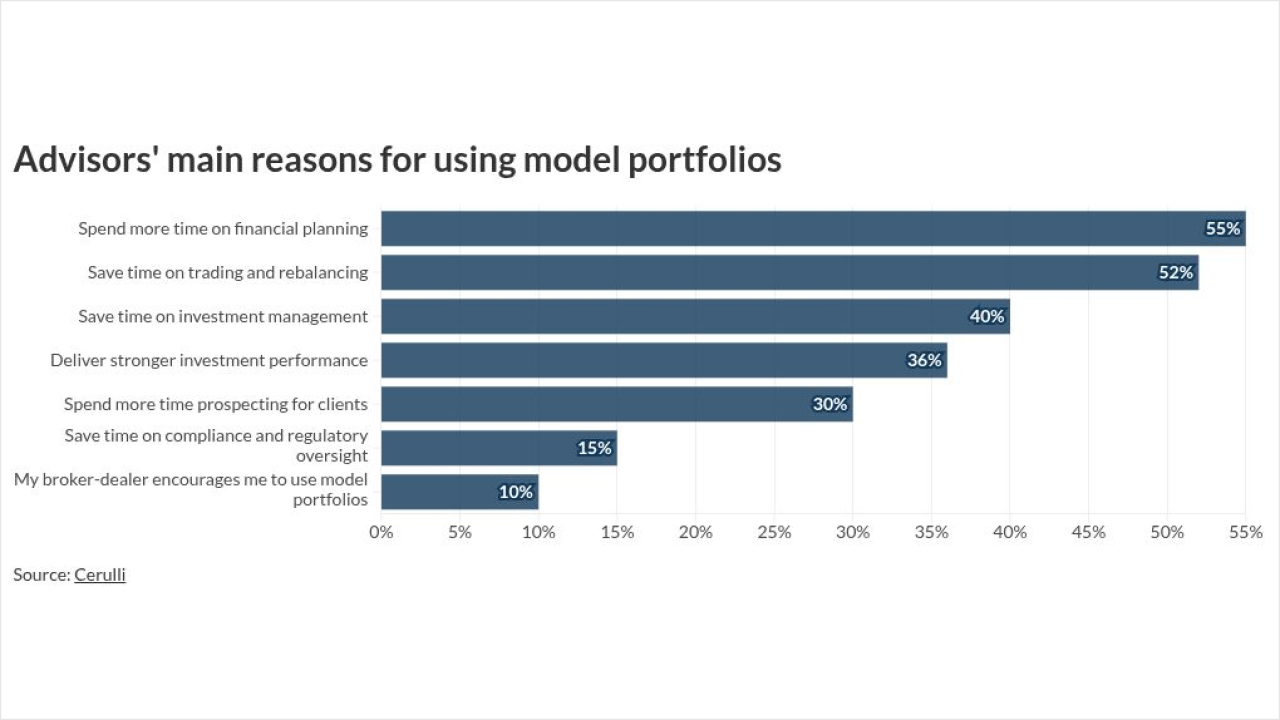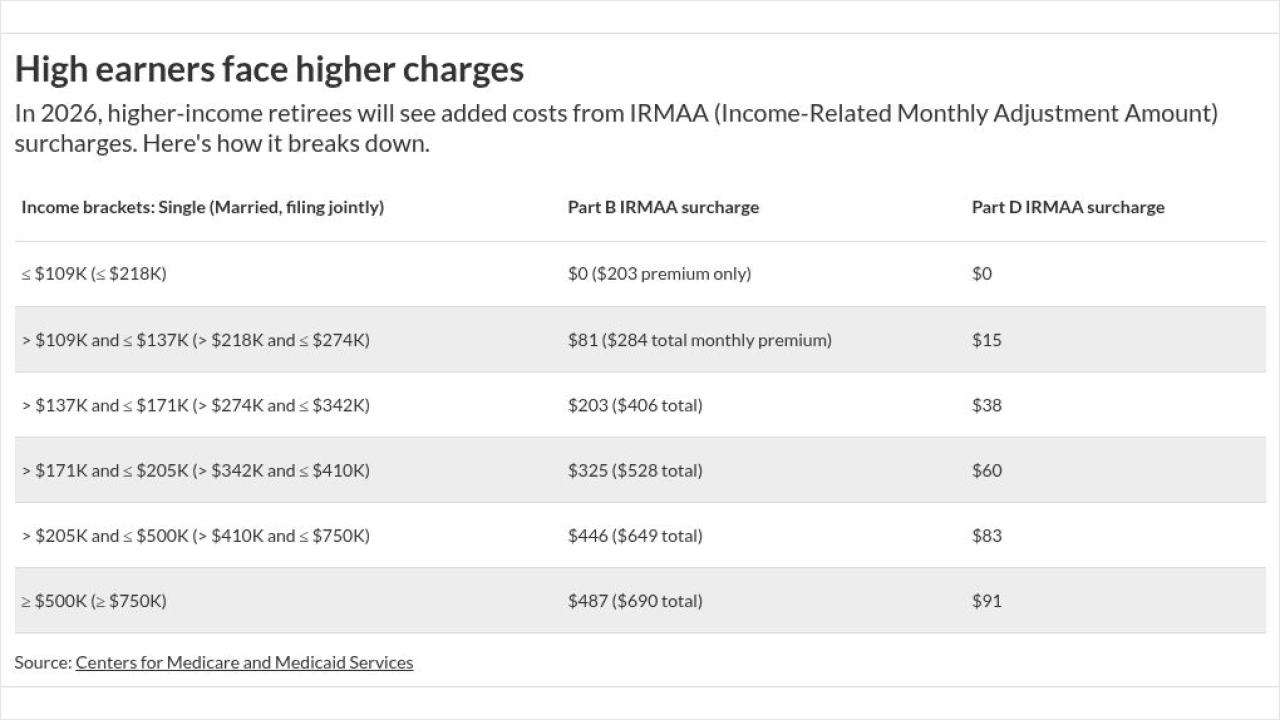Our daily roundup of retirement news your clients may be thinking about.
A study by Ameriprise Financial has found that 68% of retirees fail to take 401(k) and IRA withdrawals equal to their required minimum distributions, according to this article on personal finance website Motley Fool. The findings show that many retirees are not drawing funds from their retirement accounts because they don't have a sustainable withdrawal plan. To develop an effective strategy, retirees should have a good estimate of their total expenses, create a budget and identify all possible sources of income to cover the expenses.

Although the 4% retirement withdrawal rule is based on outdated assumptions and should be modernized, it remains a "reasonable starting point" for clients to engage in retirement planning, writes an expert on MarketWatch. Retirement investors can use it in evaluating their savings level, explains the expert. Moreover, "taking a tax-wise lens to your withdrawal strategy becomes increasingly important as your wealth grows beyond the need to use Social Security benefits or qualified distributions."
Taking advantage of the employer's matching contribution, increasing the contribution rate, and using the back-door Roth IRA are "small steps" for retirement savers to take but can be "giant leaps" toward securing their golden years, writes a Forbes contributor. "Building sizeable retirement savings occasionally involves luck and/or a single few really good decisions," writes the expert. "More often than not, however, it’s about consistently making small, good decisions, over a long period of time."
A senior will be better off keeping his savings than using all the money to pay off his mortgage before retirement, according to this Q & A article from the Los Angeles Times. "It’s a particularly bad idea to use pretax money from retirement accounts to pay off a mortgage," writes the expert. "Not only can the withdrawal trigger a big tax bill, but it may push you into a higher tax bracket for that year and cause other unexpected tax consequences."
A strong performance by stocks and private equity drove the country's two biggest public pension funds' earnings to more than an 8% increase in the last fiscal year, according to this article on The Wall Street Journal. However, the growth is not reason enough for these pensions to be optimistic, with many other pensions becoming cautious about the results. “We probably want to temper our enthusiasm when we have a year or two years of strong returns because one thing we know for certain is that there will be challenging years,” says an expert.





